American agenda in West Asia, begging for oil
The US President Joe Biden touched down in West Asia. First stop Israel, next stop, the Kingdom of Saudi Arabia.
Meanwhile, it has emerged that his administration is considering lifting the ban on the sale of offensive weapons to Saudi Arabia.
However, reports say the final decision over the issue is expected to hinge on whether Riyadh makes progress towards ending the war in neighboring Yemen.
This decision, supposedly hinging on whether or not Saudi Arabia makes efficient political progress towards a negotiated solution with Yemen, as articulated is, in fact, absurd.
It's completely backwards. Rather than forcing the Kingdom of Saudi Arabia to the negotiating table.
What it does instead is (it) fortifies the lethality of the Saudi military and it also ... gives it increased leverage at the bargaining table.
David Yaghoubian, Professor of History, CSU
According to media reports, senior Saudi officials pressed their US counterparts to reverse the policy of selling only defensive arms to the Persian Gulf kingdom in several various meetings, both in Riyadh and Washington, in recent months.
In February 2021 Biden said he was ending support for Saudi Arabia's offensive operations in Yemen, a policy that included a ban on the sales of offensive weapons.
But it was later revealed that US contractors were still maintaining the Saudi war planes that were bombing Yemen. The Biden Administration also approved the sale of air to air missiles to Saudi Arabia in November 2021.
Therefore, if the United States actually seeks to end the genocidal war against the people of Yemen, this decision to continue offensive arms sales, such as precision guided munitions, to the Kingdom of Saudi Arabia is the exact opposite of what it should, in fact, be doing.
David Yaghoubian, Professor of History, CSU
That is while one of Biden's main objectives will be to get Riyadh to increase cooperation with Israel.
Although full normalization is not expected, Saudi Arabia could take a step in that direction by allowing Israeli flights in Saudi airspace, or by quietly increasing military cooperation to counter Iran.
While in Israel, talk of military support for the regime was a priority for Biden.
Any move to rescind restrictions on offensive weapons is sure to draw opposition in Congress, including from Biden's fellow Democrats and opposition Republicans, who have been vocal critics of Saudi Arabia.
However, the US president is currently facing a considerable dilemma. If the US does not yield and agree to provide Saudi Arabia with more weapons, the KSA may no longer feel it has an appropriate incentive to reset relations with the US at this point in time.
Let's not forget, as a presidential candidate, Biden denounced Saudi Arabia as a pariah state. Yet, Biden's approach has softened since the start of the Russia-Ukraine war, which has prompted the United States and other Western countries to appeal to Saudi Arabia to pump more oil to offset the loss of Russian fuel supplies.
Or, you know, due to US sponsored sanctions on some of the world's largest oil producers, Iran, Venezuela and Russia, President Biden is facing a crisis that is largely of his own making and that of the United States.
Therefore, he comes to the Kingdom of Saudi Arabia essentially as a supplicant, with his hand outstretched to plead for increased oil production.
President Biden, unfortunately, does not have any vision or plan for the Middle East.
David Yaghoubian, Professor of History, CSU
The Saudi regime is considered one of the most despotic regimes in the West Asia region, which routinely violate the rights of dissidents.
It has engaged in a brutal war against Yemen, which has killed thousands of people, including countless innocent women and defenseless children.
VIDEO | Yemen; a bone in Israeli neck
D-8’s role in Iran’s economy after Cairo summit
China slams US as ‘war-addicted’ threat to global security
China ‘firmly opposes’ US military aid to Taiwan
VIDEO | Press TV's News Headlines
President Yoon Suk Yeol to be removed from office
At least 19 Gazans killed by Israeli airstrikes since dawn: Medics
Leader: Iran neither has nor needs proxy forces


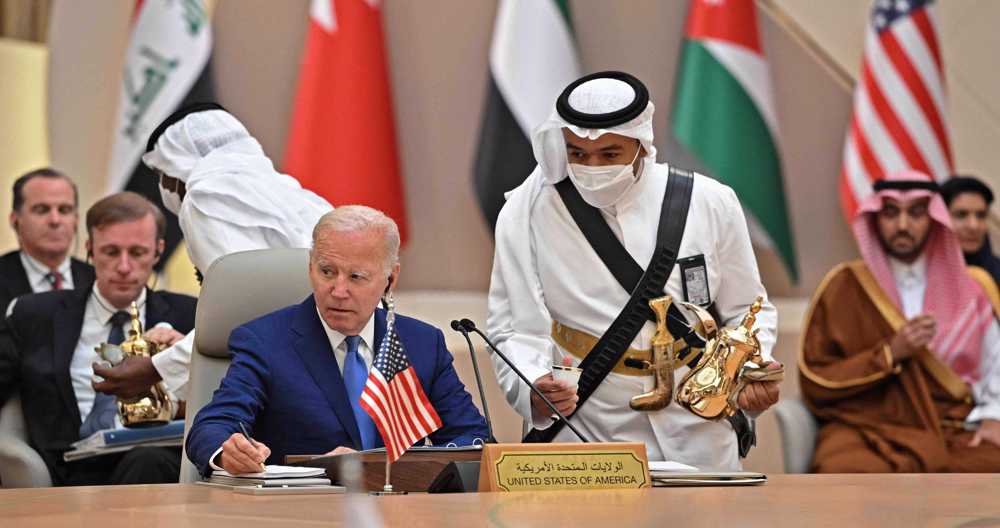
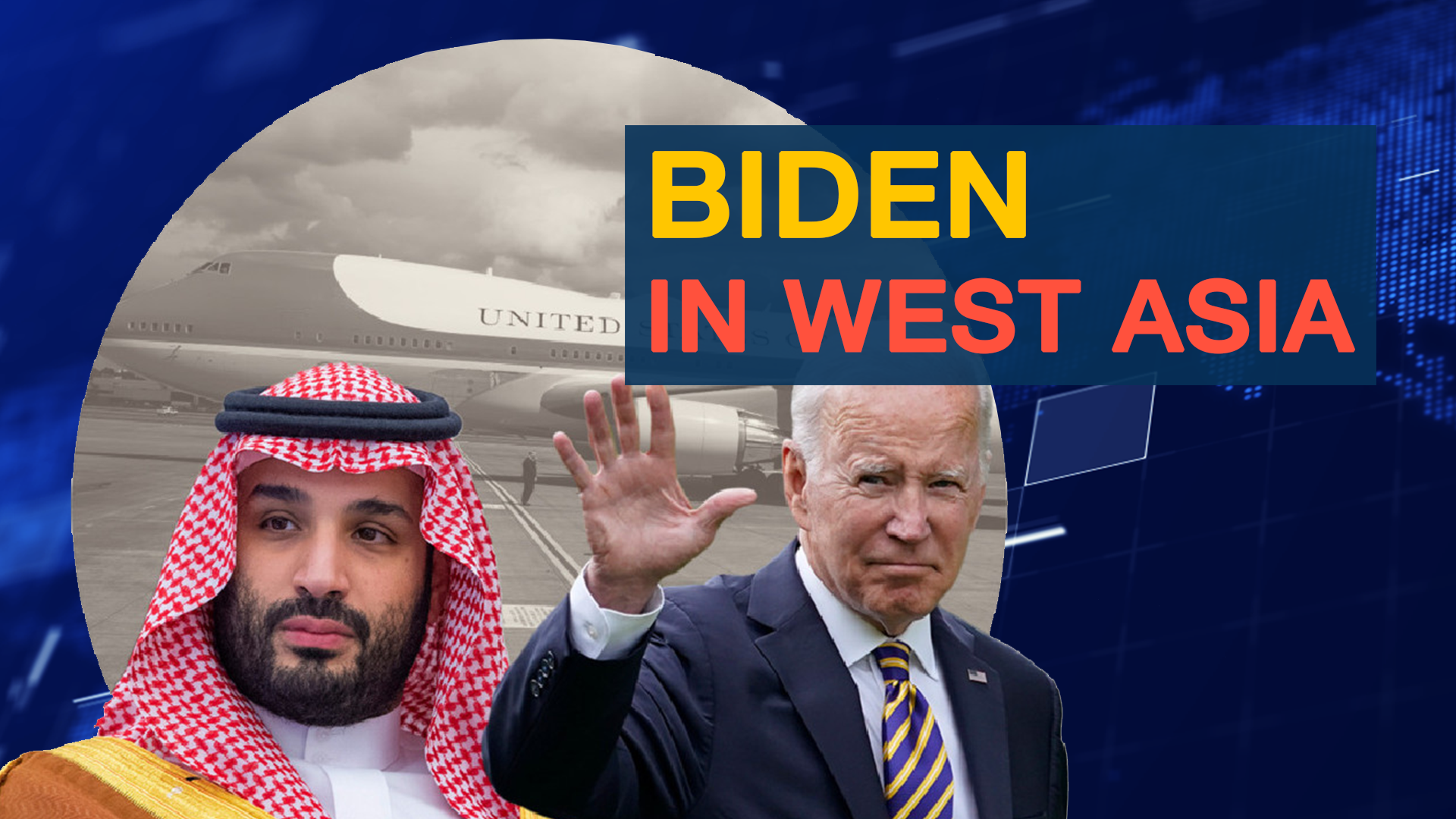


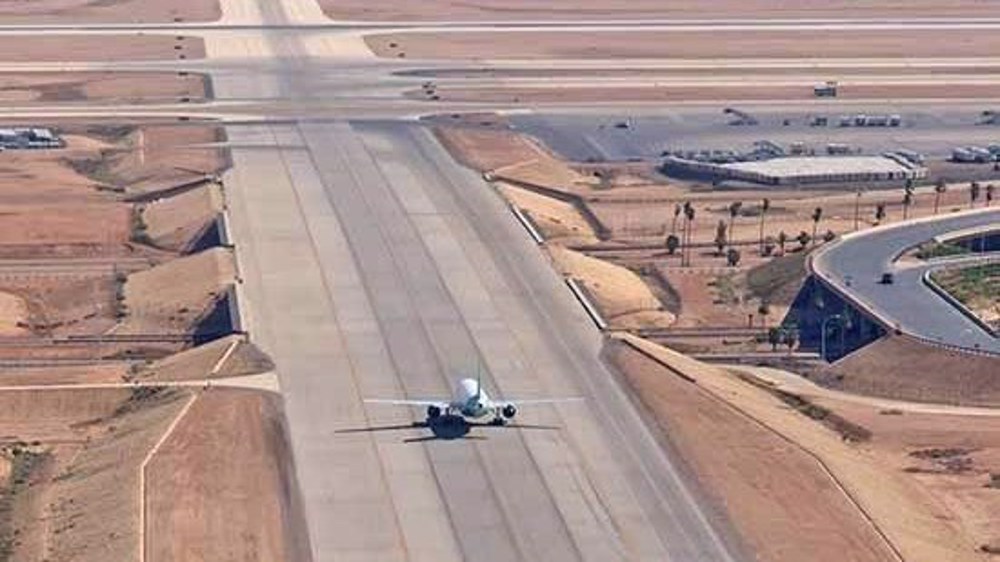
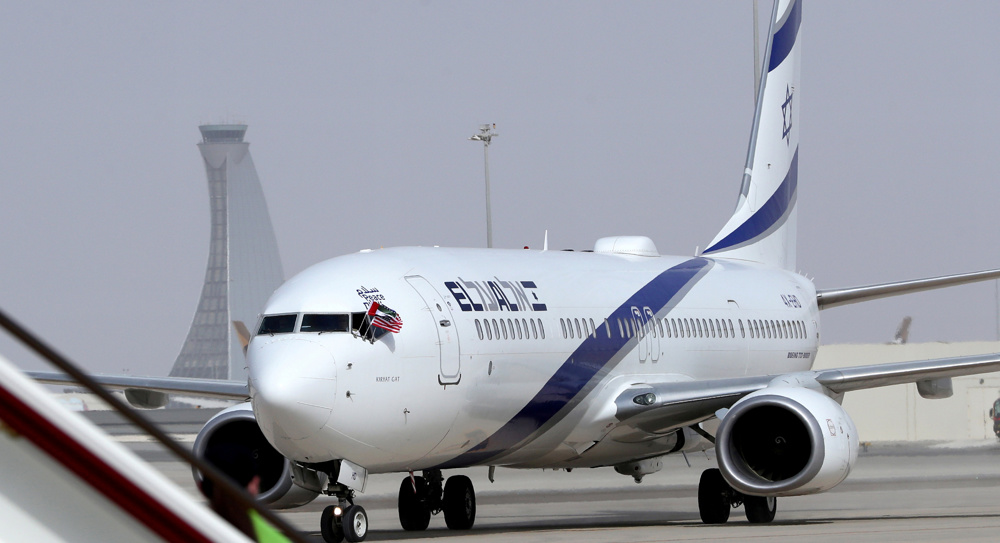






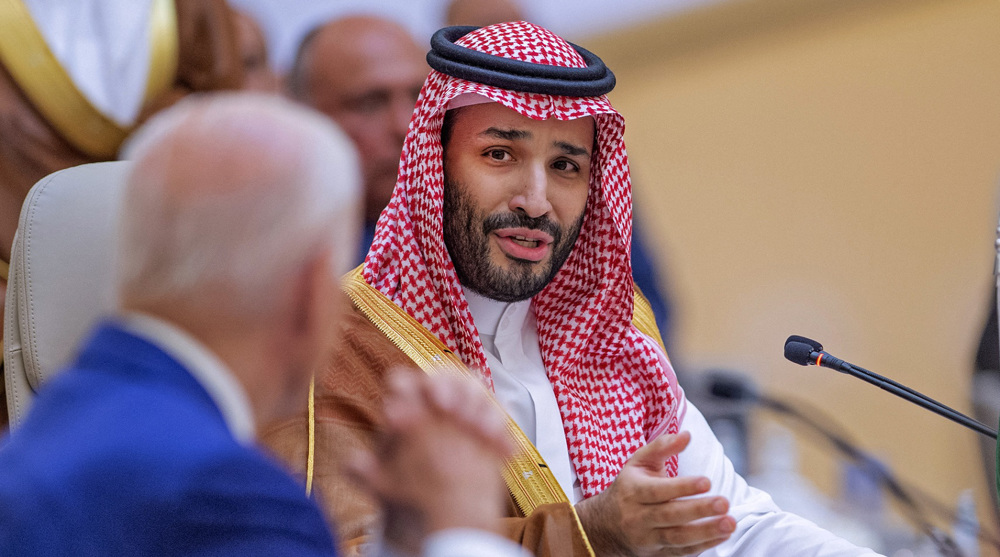



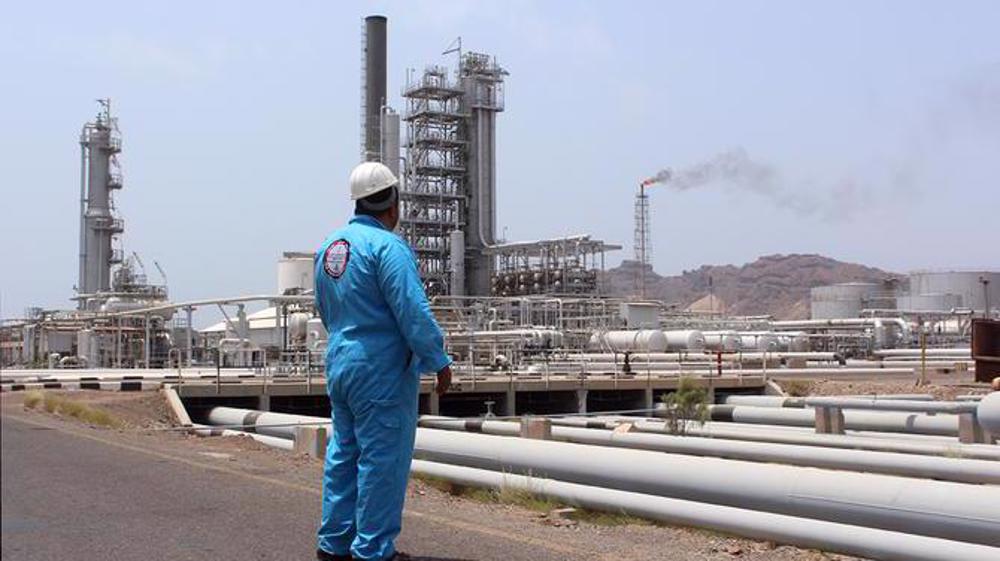
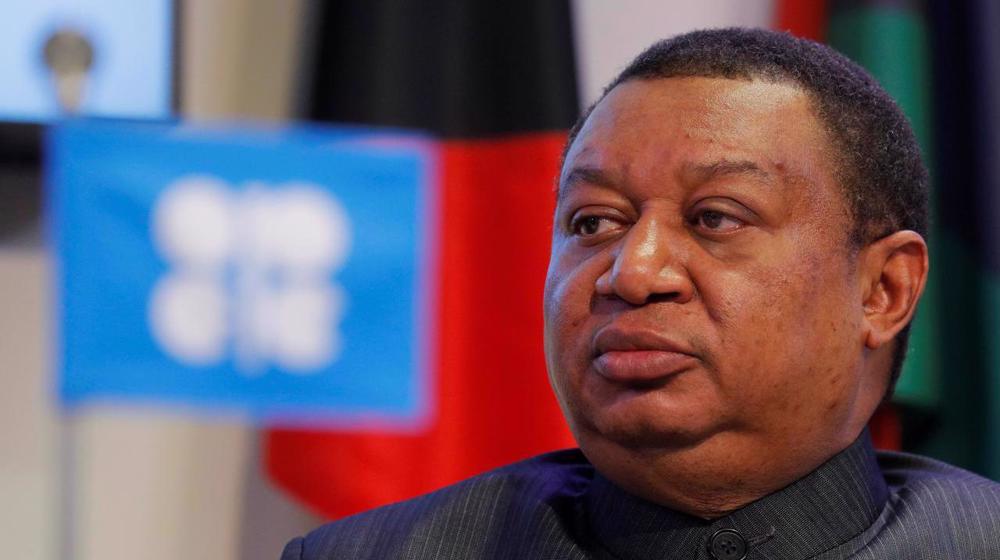

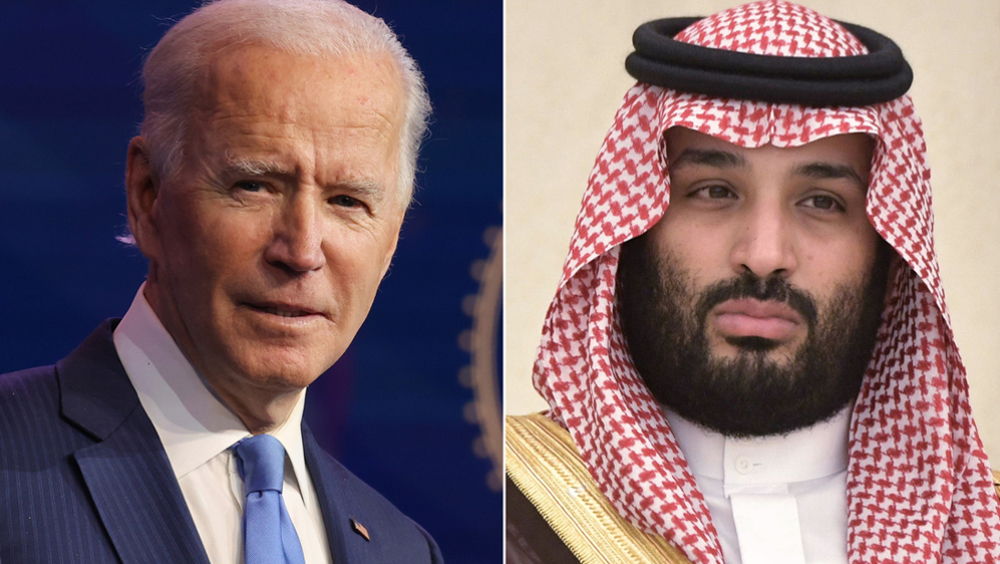
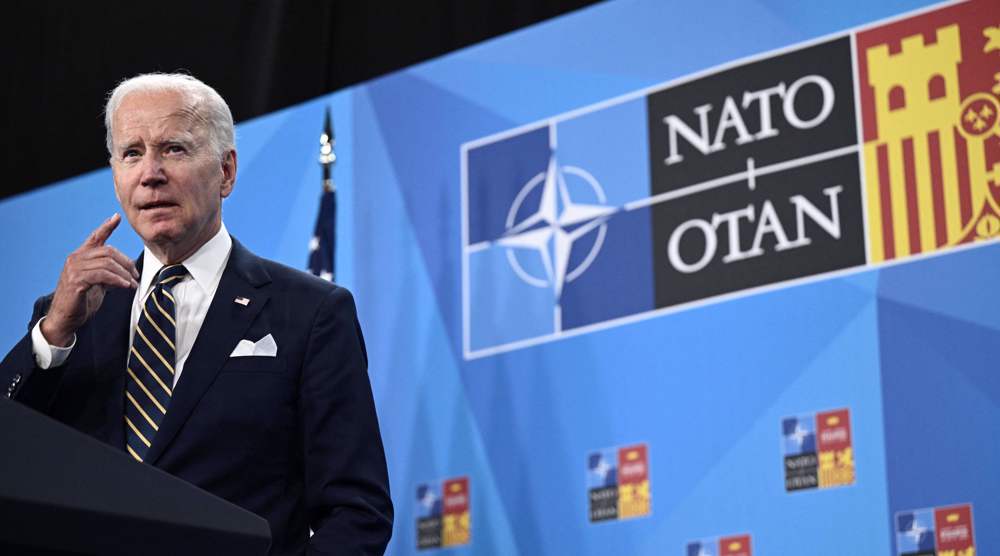
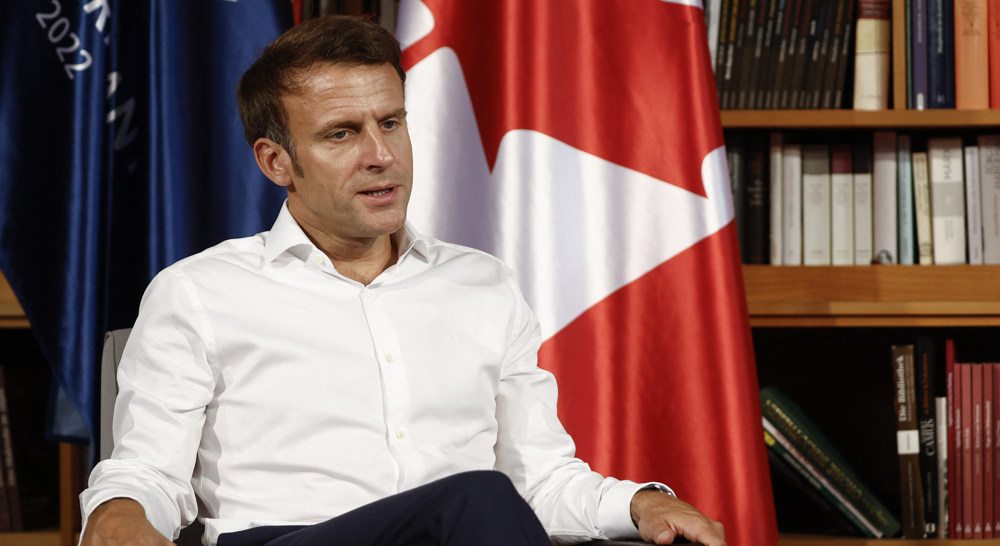

 This makes it easy to access the Press TV website
This makes it easy to access the Press TV website